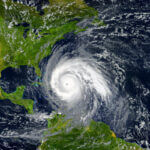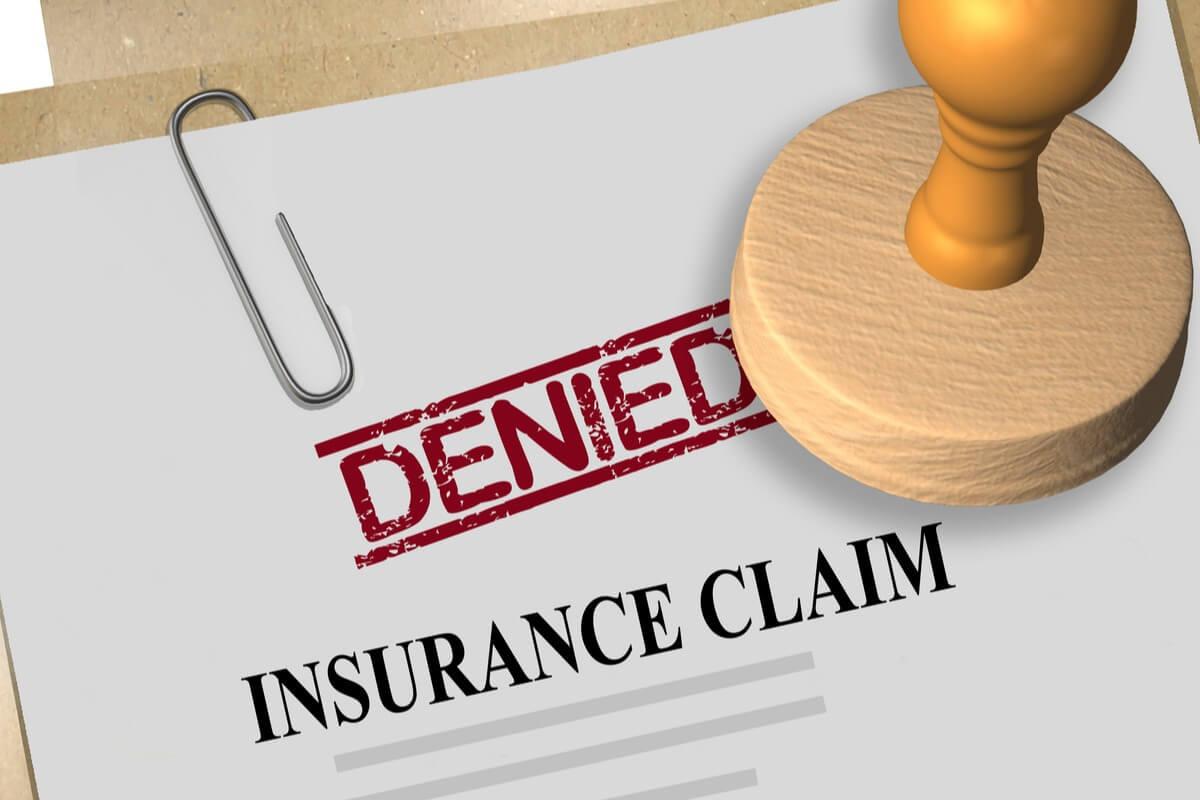
COVID-19 has disrupted everyone’s life and their livelihoods. Beginning March 16, 2020, the day Governor Jon Bel Edwards ordered additional protective measures taken to slow the spread of this deadly virus, businesses have suffered numerous losses. Many of our local business owners have business interruption insurance which they rightfully expect to cover their losses. However, what more business owners are learning is this coverage is not automatic, and even when they file a claim with their insurance company, their claims are denied.
Unfortunately, what started shortly after Mardi Gras has continued to devastate business owners across New Orleans. In fact, in July, restaurants and bars were closed down for a second time by Mayor LaToya Cantrell after another wave of COVID19 hit the area. This meant business owners who were just starting to partially recover from the initial shutdowns were forced to once again stop serving customers in the interest of public health.
Business Interruption Losses and COVID-19
Some business owners have been able to reopen with restrictions on the number of people who can enter their facility at any given time. Other retailers, such as grocery stores have been open through the pandemic but with far less traffic than normal. Other businesses may have remained open during the pandemic, but they have suffered losses because their suppliers and vendors have been unable to maintain materials necessary to keep operations running effectively, or they are facing staffing issues. Overall, businesses across New Orleans have suffered numerous losses, particularly those who are in the hospitality industry.
Many business owners in New Orleans had previously purchased business interruption insurance policies in part to mitigate their losses during hurricane season which often devastates the area. Business owners often do not know what is included, or excluded in this coverage. Some coverage areas include:
- Loss of income normally earned while a business is closed
- Payments for leases or rental agreements when business is unable to be used
- Temporary location costs including moving costs and rental of suitable location
- Payroll coverage so employees can collect wages while your business is closed
- Tax payments a business may owe during a shutdown period
- Funds to make outstanding loan payments
- Coverage which provides funding when the government puts restrictions on your business
Many business owners believe the funding coverage when a government places restrictions on their business is where they are able to secure insurance monies to help their business stay afloat while they are forced to remain shutdown or open modified hours during the pandemic. What many do not realize, is many of these same policies have exclusions, one of which is specifically virus-related.
Assessing Insurance Policies
One of the most important things a business owner can do immediately is review their existing policy and see if there is a virus exclusion clause. If you are unable to identify such a clause, or you are not sure about some of the language in your policy, you should seek guidance from an attorney who has experience reviewing insurance policy language. This is something you should do prior to filing a claim or you could be wasting your time.
If your policy does not have a specific exclusion for a virus which has impacted your business economically, you should file a claim to recover your losses. However, you should prepare yourself for the potential denial of your claim. You may be wondering how an insurer can deny a claim for virus coverage without having a virus-related exclusion in your policy. Some insurance companies are using other clauses, such as a pollution exclusion, which is normally contained in business interruption policies.
Understanding Denials of COVID19 Claims
Business owners are often confused when they realize their policy does not have a virus exclusion but their insurance company still denies their claim. The reasons behind these denials are two-fold. First, most insurance companies who offer business interruption policies are anticipating paying claims only in the case where the business has suffered a structural problem which results in their business having to be closed, or temporarily relocate. These “physical” losses are at the heart of most interruption policies. This is despite the “coverage which provides funding when the government puts restrictions on your business” language which many business owners interpret the COVID19 shutdowns to be covered under.
The “coverage which provides funding when the government puts restrictions on your business” is specifically designed to provide businesses with capital when a governor puts restrictions on a business due to civil unrest, a fire hazard nearby, or when a business is closing during a state of emergency due to pending storm activity. They argue this language was never intended to be used in cases where the government forced a business to close due to health concerns unrelated to the business.
An Experienced Law Firm Can Help With COVID-19 Loss Claims
Thousands of businesses across numerous industries have suffered losses in their business during the COVID19 crisis. What many of these businesses do not understand is that since the Ebola epidemic in 2006, thousands of insurance policies were modified to exclude viruses. For those businesses who have business interruption coverage included in their business policies, it is a good idea to have their policies reviewed by a business interruption insurance attorney who understands these policies.
The impact of the COVID-19 crisis has been profound, affecting not just businesses but also individuals and communities at large. For more insights on the broader implications of COVID-19, including its effect on various sectors, it’s essential to stay informed. Particularly, businesses seeking compensation related to COVID-19 should be well-versed in the nuances of their claims. Moreover, the pandemic has also highlighted the importance of understanding other areas of potential risk, such as work-related accidents. As we approach the holiday season, it’s also worth noting the unique challenges and facts surrounding events like Black Friday, which may see a different landscape in the wake of the pandemic.
If your policy does not have any exclusions pertaining to pandemics or viruses, you should file a claim for your losses. In the event your claim is denied, you should contact Alvendia Kelly & Demarest, at 504-200-0000 or fill out our simple to use online contact form and schedule a free consultation. We can help you appeal a denial, work with your insurance company, and work towards getting you the compensation you deserve for the losses your business has suffered. In the event the insurance company refuses to negotiate, we will do everything in our power to hold them to their contract. We understand how devastating the COVID-19 lockdowns have been on businesses of all sizes across the New Orleans area and we stand ready to help you get back on a more solid financial footing.
Categories
- Bicycle Accidents
- Car Accident
- Case results
- Class Action
- Community Aid
- COVID-19
- Fun
- General
- Hard Rock Lawsuits
- Holiday
- Insurance Claims
- Legal Advice
- Mardi Gras Accident Attorney
- Mass Tort
- Medical
- Motorcycle Accident
- Personal Injury
- Practices
- Premise Liability
- Recent News
- Safety
- Truck Accidents
- Uncategorized
- Weather
- Work-Related Accident

In 2003, after being dissatisfied with the quality of legal care for victims of car accidents, Roderick ‘Rico’ Alvendia sought to establish a new firm focused on providing high-quality legal services to aid injured victims and their families. J. Bart Kelly, sharing Rico’s passion for upholding justice, joined the firm later that year, and established a partnership.



